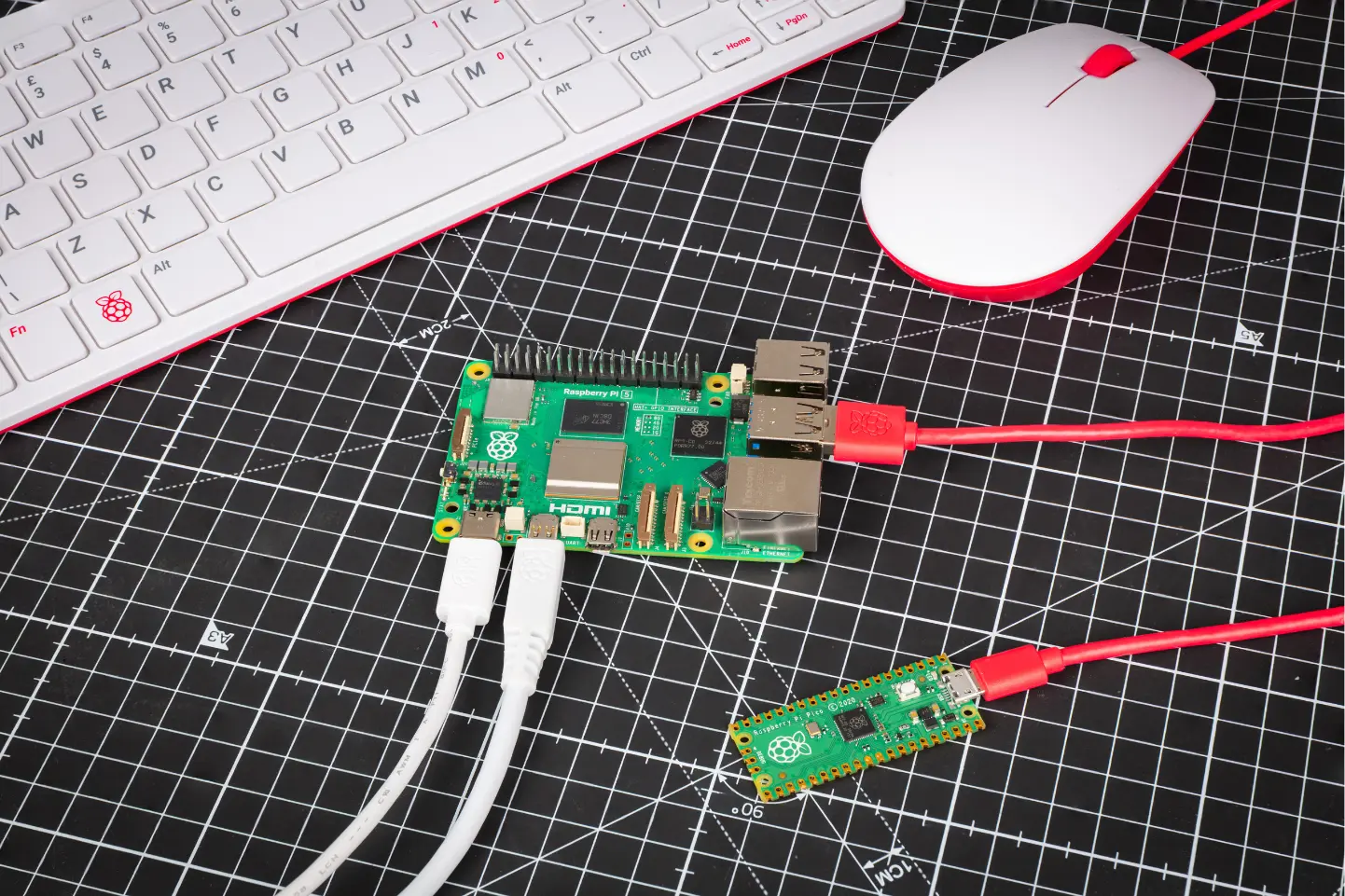
Start-ups and academics in the UK can now ‘harness the power of artificial intelligence’ to drive new discoveries and compete on the world stage.
Professor Mullins, Fellow and College Lecturer in Computer Science at St John’s College, University of Cambridge, is the Chief Technology Officer of CommonAI, a new not-for-profit collaborative research, development and engineering company.
Professor Mullins said: “This is a tremendously exciting moment for computer science and technology - the ability to harness AI will be central to the next wave of scientific breakthroughs. CommonAI has been founded to help small companies and academia work together like one big company so the UK can compete with global tech giants.
“Today’s computers are narrowing the gap between traditional computational power and the uniquely human capabilities once thought beyond their reach. AI will transform every aspect of our lives, for Cambridge, the UK and Europe to continue to lead both research and innovation we must operate at the right scale.”

Mullins is best known as co-designer of the Raspberry Pi, created with Dr Eben Upton, Honorary Fellow of St John’s. The low-cost, credit-card-sized computer is the most successful British computer of all time, selling more than 50 million units in 100 countries, transforming the way people learn and experiment with technology. Mullins is also Director of Studies in Computer Science at St John’s.
He has launched CommonAI alongside Sir Andy Hopper, Dr Gavin Ferris, and Mike Halsall. The quartet will work in partnership with Anthemis, an investment firm that will manage a series of CommonAI early-stage venture funds. The portfolio companies of these funds will both benefit from and contribute to the not-for-profit’s work.
CommonAI will collaborate with academics and startups to drive further discovery and innovation whilst ‘making a positive impact on the world’. Outputs will be shared under a licence that lets anyone use, modify, and build on their work – for free.
Professor Mullins explained: “If we are to remain globally competitive, we must act with urgency and scale up our efforts and infrastructure now. Today we are at the beginning of the AI journey and the opportunities ahead are vast.
“When Sir Maurice Wilkes built EDSAC, one of the world’s first practical electronic computers, here at St John’s more than 75 years ago, he transformed what was possible in computing.
“Today, AI is giving us a similar moment - the chance to harness extraordinary computing power to solve problems that were once beyond reach. With CommonAI, we can harness artificial intelligence to drive the next generation of scientific and technological breakthroughs.”